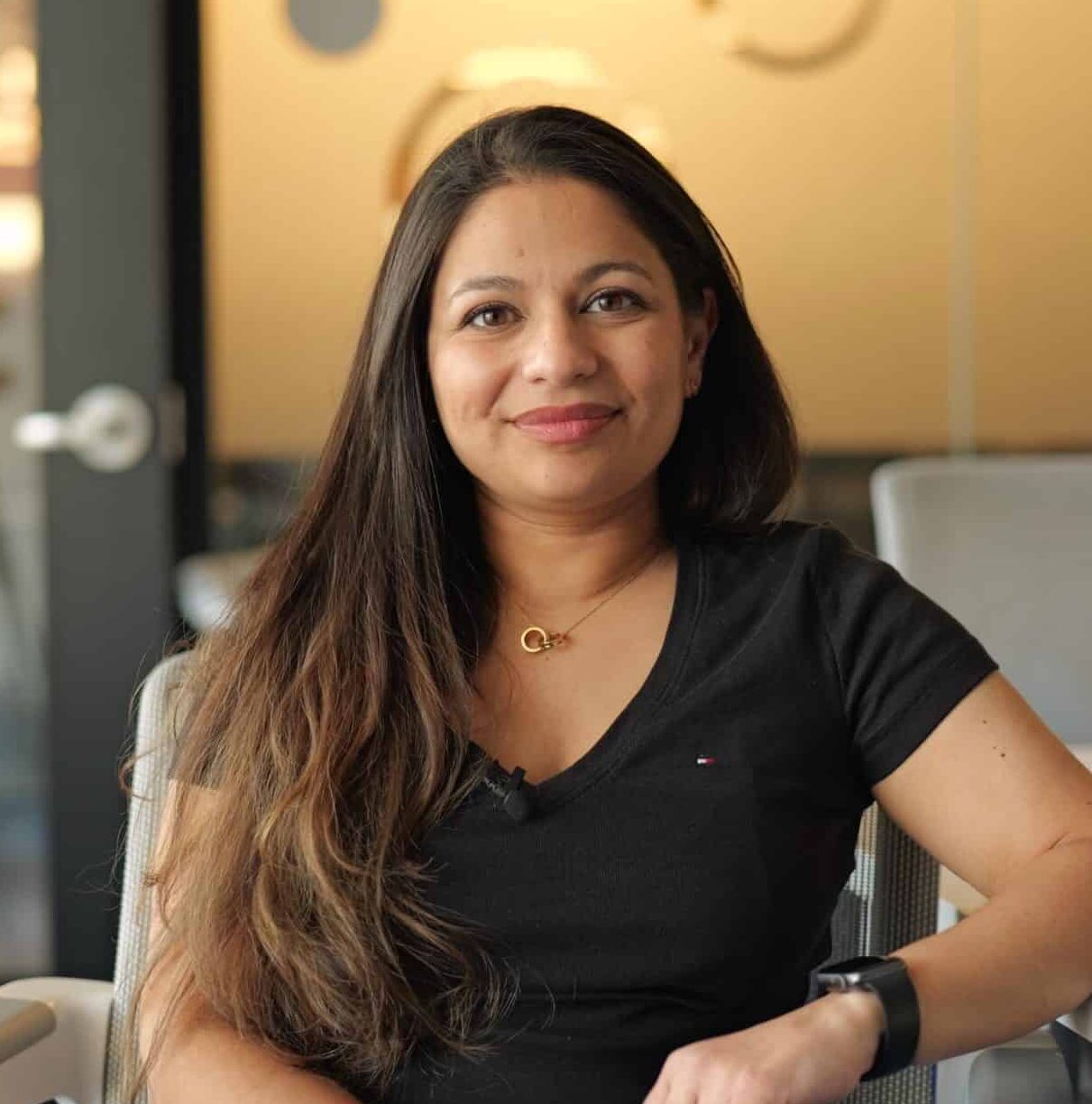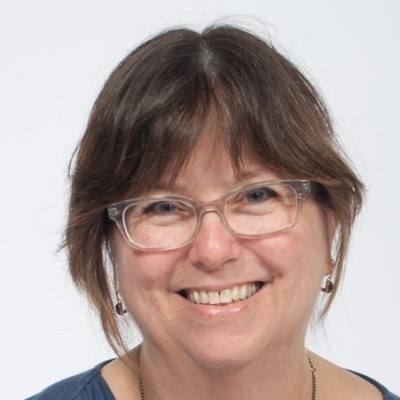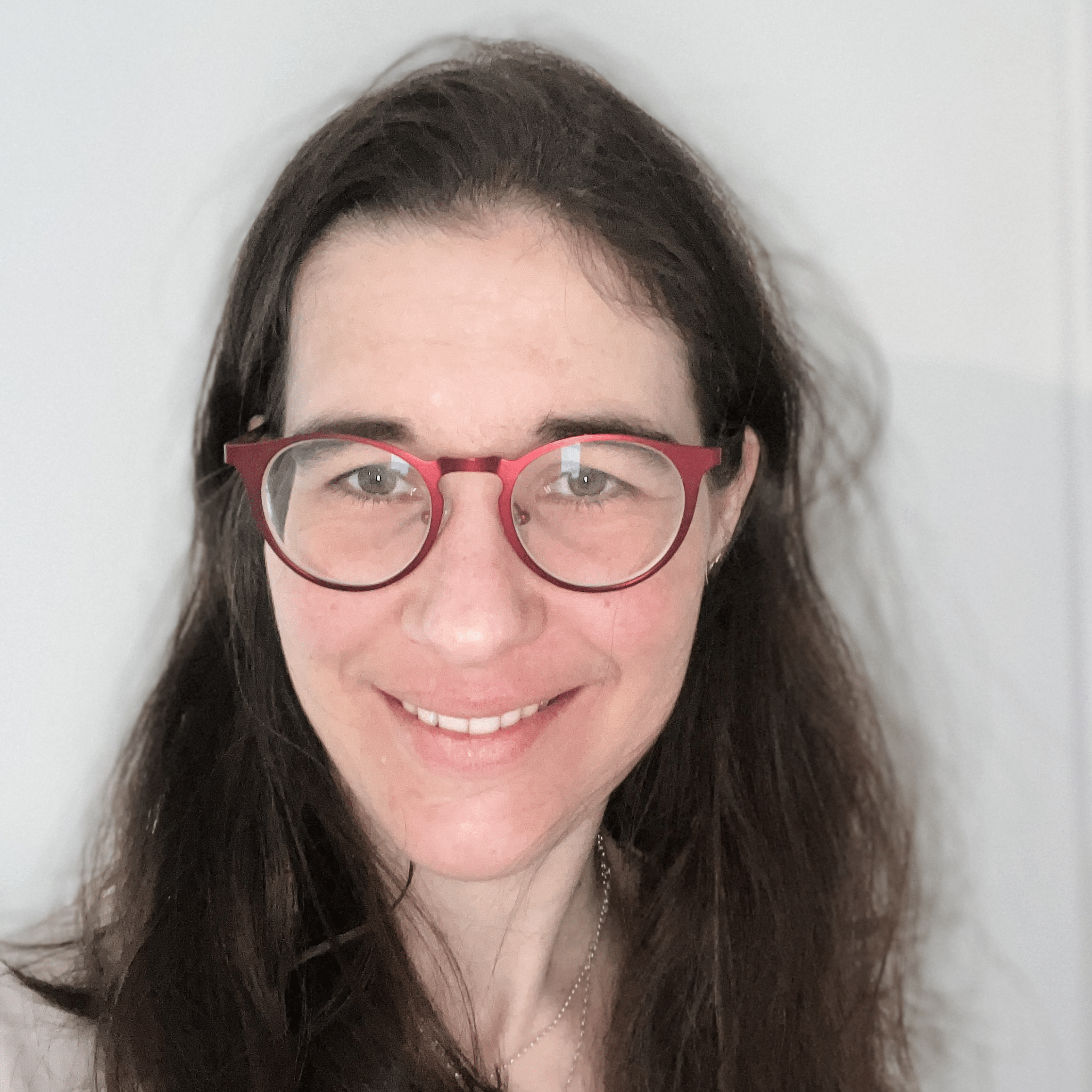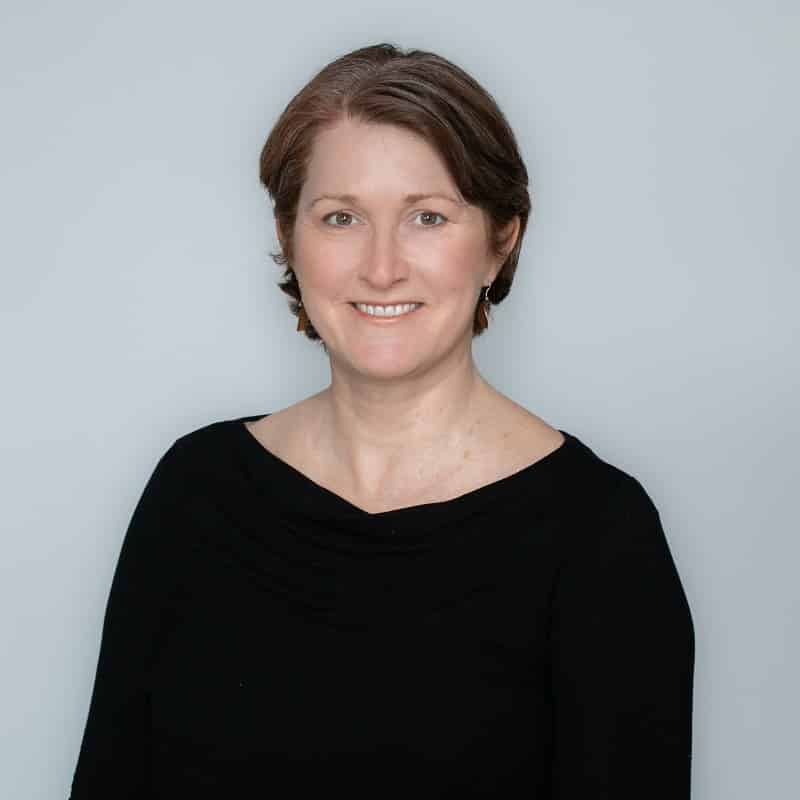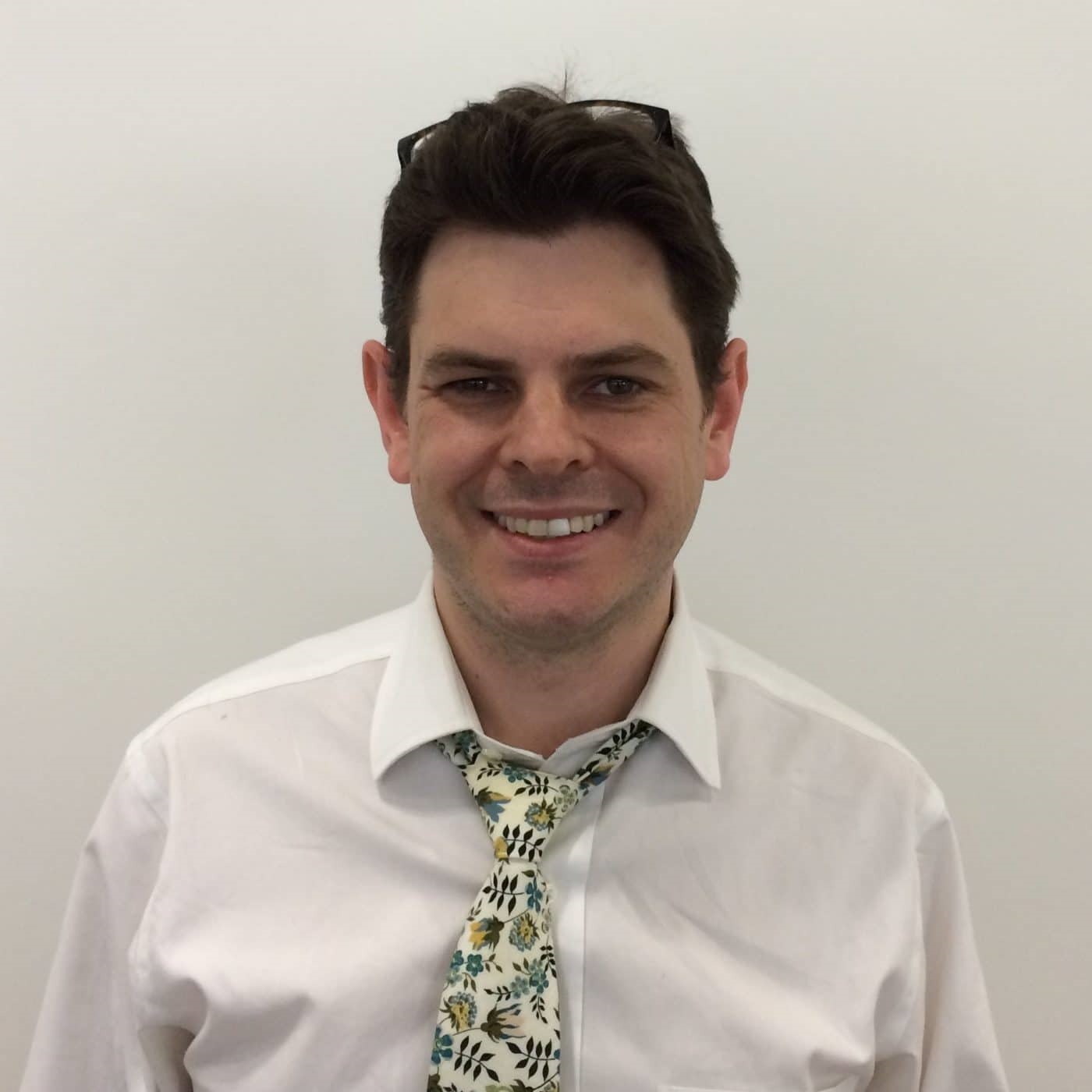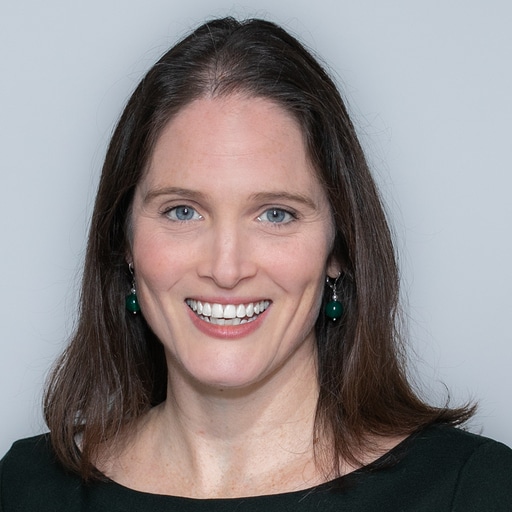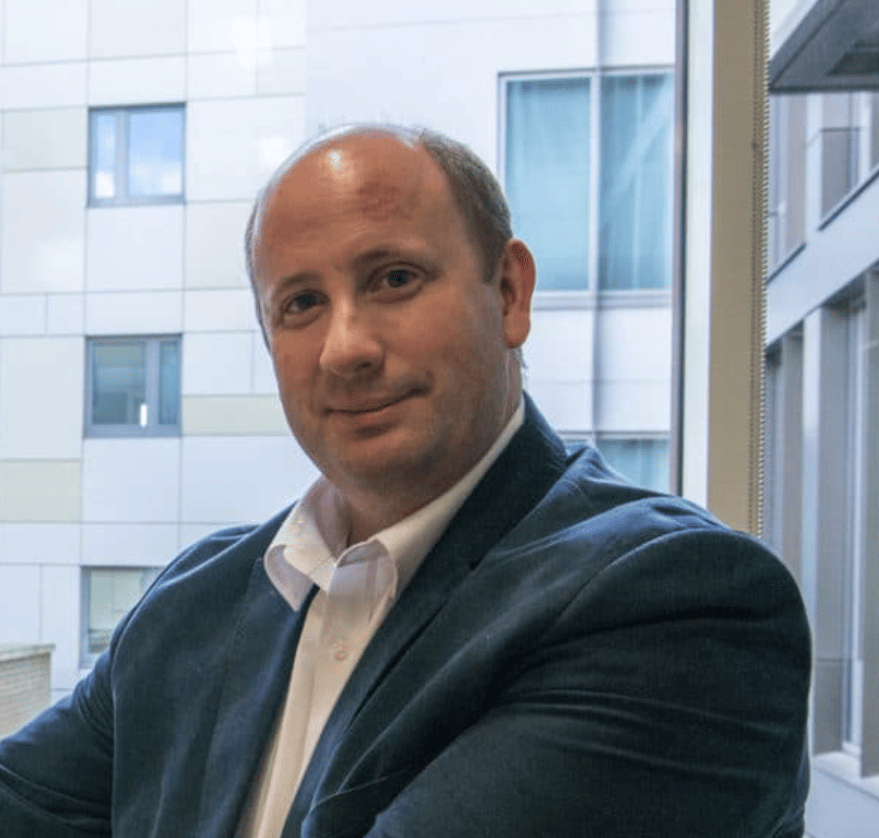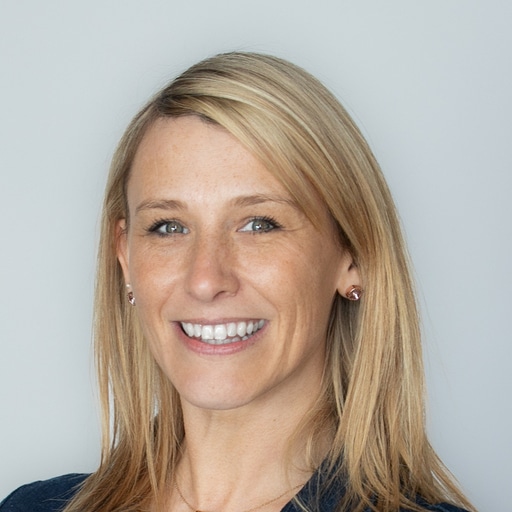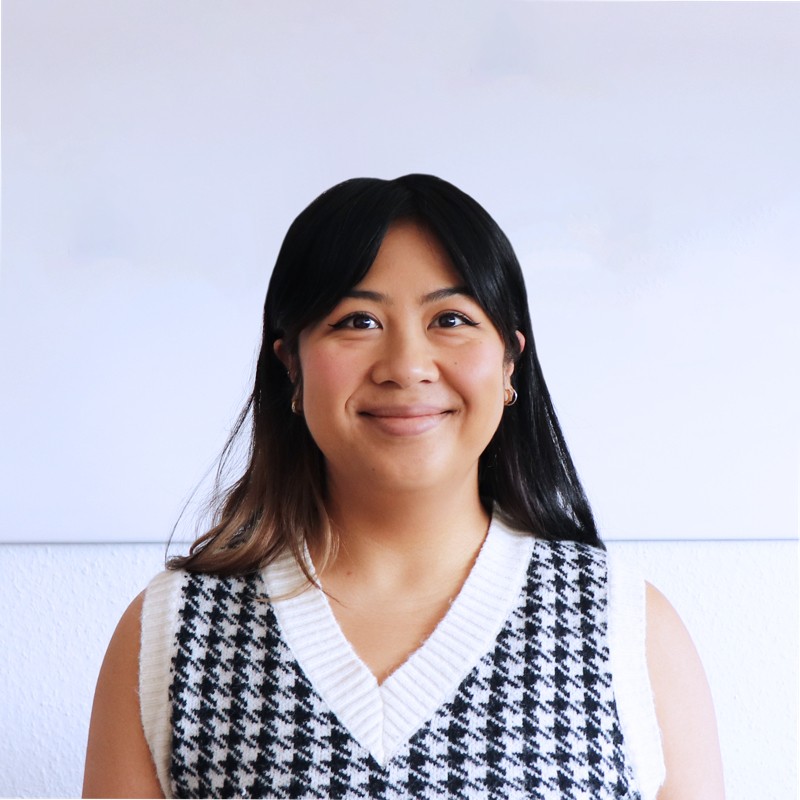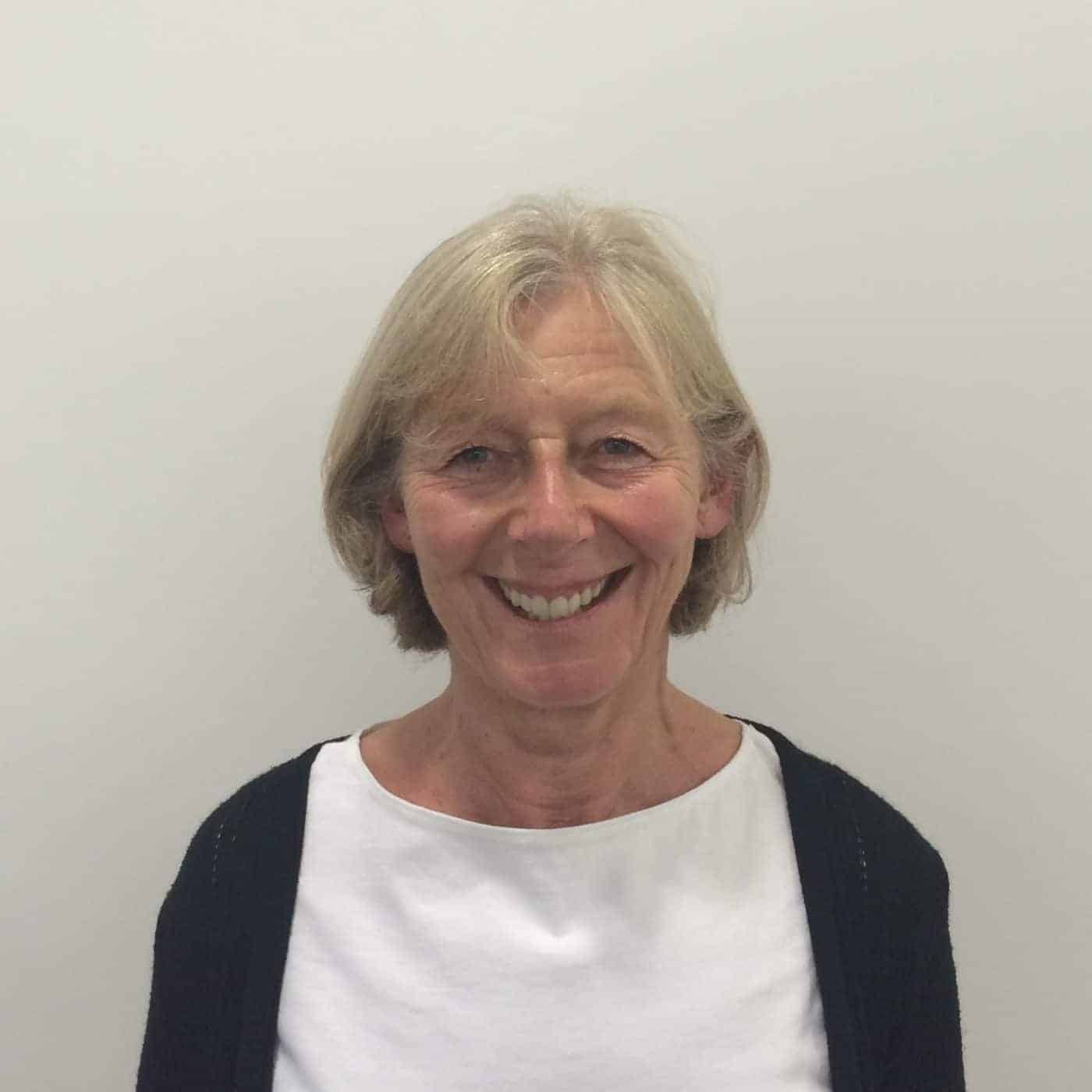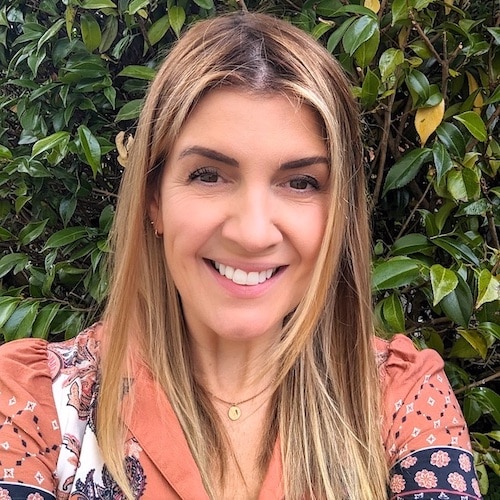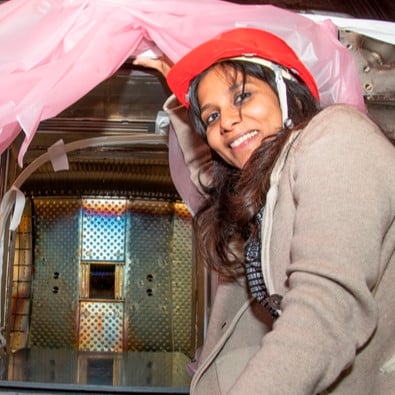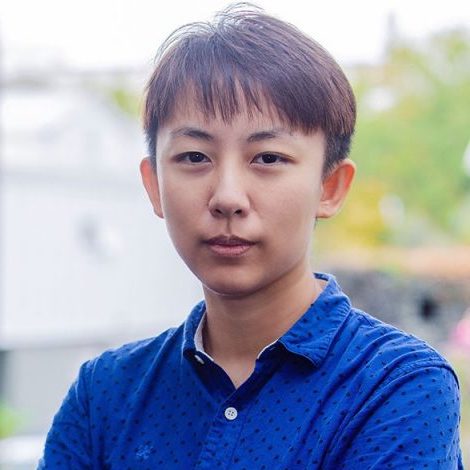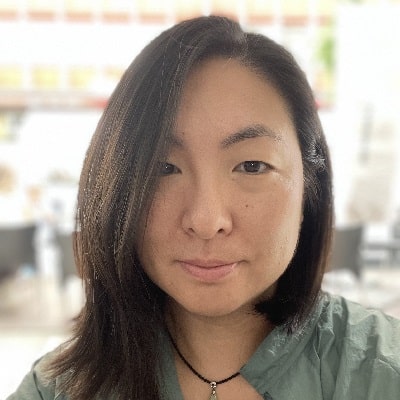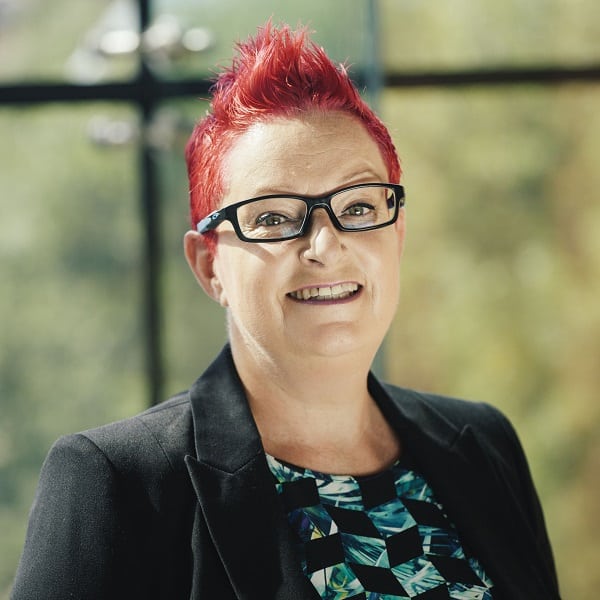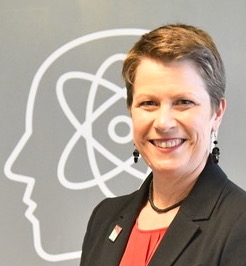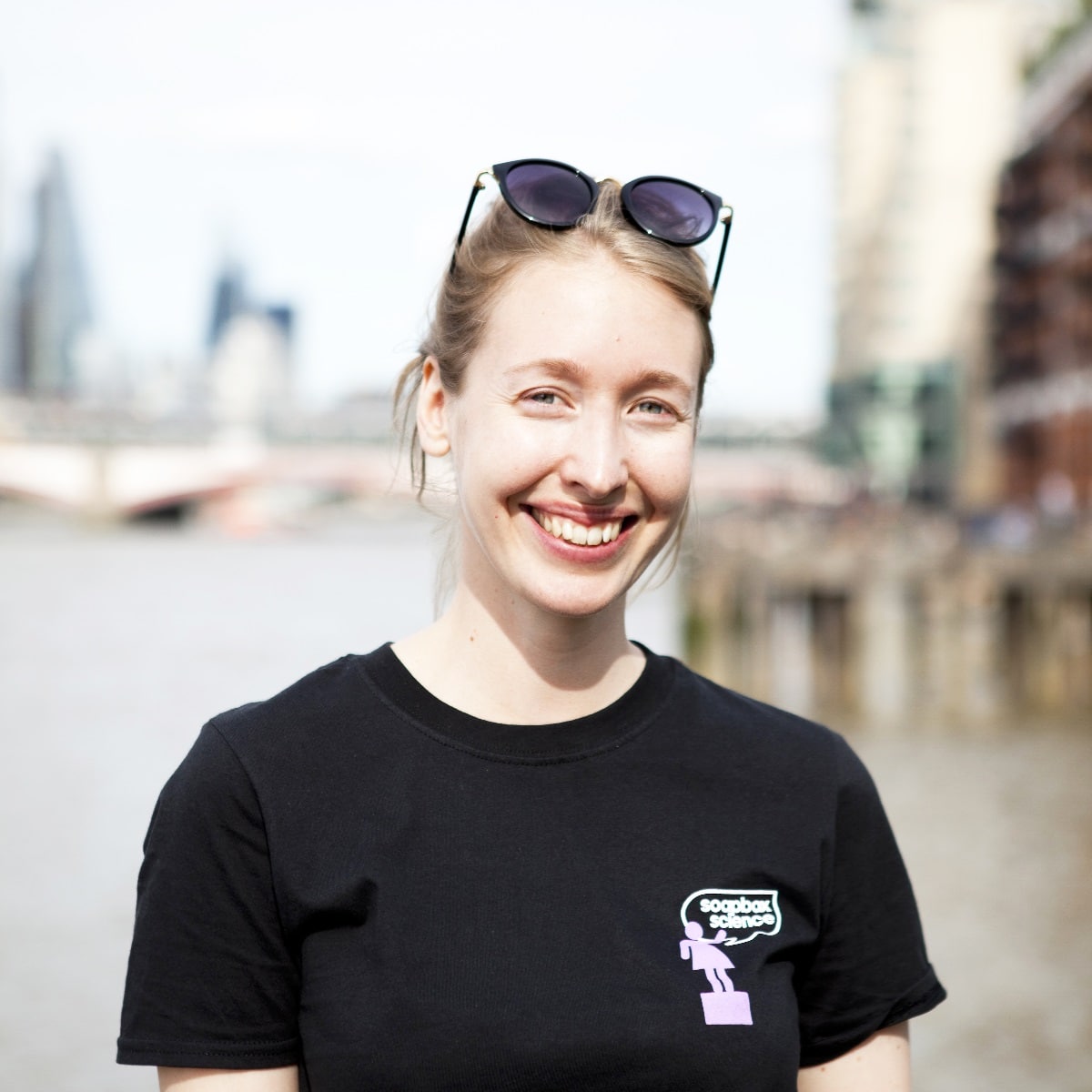In the ever-evolving landscape of science, technology, engineering, and mathematics (STEM), the underrepresentation of women remains a significant challenge. The impact of this gender disparity is far-reaching as described below, affecting not only the individuals involved but also hindering the potential advancements and innovations that could arise from the inclusion of broader perspectives and lived experiences and the diversity of thought that an inclusive workforce brings to problem-solving. To achieve true equity and equality in the research profession, we must first look to its roots – school-level engagement with STEM, and the social structures within which we engage with school-age children and nurture their interests in STEM subjects. I chatted with Professor Dame Athene Donald about this and more ahead of her Speaker Series talk in November 2023.
The Current Landscape
Women continue to be underrepresented in STEM research, facing barriers that impede their progress in education and career paths, as shown in this data dive by my TL;DR teammate Simon Porter and this report that I co-authored with Simon and another TL;DR teammate Dr Hélène Draux and former colleague Ricarda Beck. Though the report and analysis were carried out five years ago, it is sobering to see that little has changed in that time, in large part due to the COVID-19 pandemic’s disproportionately high impact on the careers of women in STEM as this UNESCO report shows. This underrepresentation is not a reflection of women’s capabilities, but rather a consequence of systemic biases, stereotypes, and societal expectations that discourage girls from pursuing STEM subjects when given the option. The same trend can also be seen in higher levels of leadership across subjects beyond STEM, suggesting that the framework within which we reward success is not designed to acknowledge the success of everyone fairly or equally.
The Impact
The absence of women in STEM fields hampers the diversity of thought and creativity essential for solving complex problems. Diverse teams, which include women and other under-represented groups of society with varied perspectives and lived experiences, are proven to be more innovative and productive. By limiting the involvement of women in STEM, we are limiting the potential for groundbreaking discoveries and advancements that could benefit society as a whole.
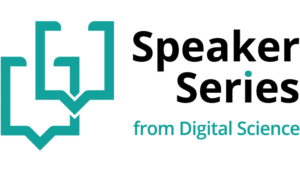
The Need for Change at the School Level
To break the cycle of underrepresentation, initiatives must be implemented at the school level. Early education plays a crucial role in shaping attitudes and interests, and it is during these formative years that stereotypes about gender roles often take root. This is one of the topics that I discussed with Professor Dame Athene Donald for our Digital Science Speaker Series ahead of her talk at the Ri back in November 2023. Athene recently wrote a book highlighting the challenges facing science and society if we do not take action now and work for greater inclusion of women and other underrepresented groups in STEM and research generally. This book formed the basis of her Speaker Series talk at the Ri which is now available to watch on the Ri’s YouTube channel.
Breaking Barriers to Better Research
Athene also took the time to chat with me about her research in physics and materials science, designing sustainable materials, the potential that cross-disciplinary research holds, how we must change research culture to incentivise the breakdown of the silos of knowledge that persist in research information, and of course how to practically address the challenges facing women in STEM. We also talked about my running trousers – which will make perfect sense when you watch the interview.
Achieving equity and equality in the research profession requires a collective effort to dismantle the barriers preventing women from entering and thriving in STEM fields. By initiating change at the school level, we can cultivate a generation of scientists, engineers, and innovators that reflects the diversity of our society. It is only through these intentional steps that we can break the cycle of underrepresentation and unlock the full potential of women in shaping the future of STEM.
You can watch my interview with Athene on our YouTube channel, catch up on Athene’s Speaker Series talk on the Ri’s YouTube channel, and find Athene’s book, “Not Just For The Boys”, in your favourite bookstore. You can also check out our Speaker Series playlist on YouTube which includes chats with some of our previous speakers, as well as our TL;DR Shorts playlist with short, snappy insights from a range of experts on the topics that matter to the research community.
With thanks to Huw James from Science Story Lab for filming and co-producing this interview.

